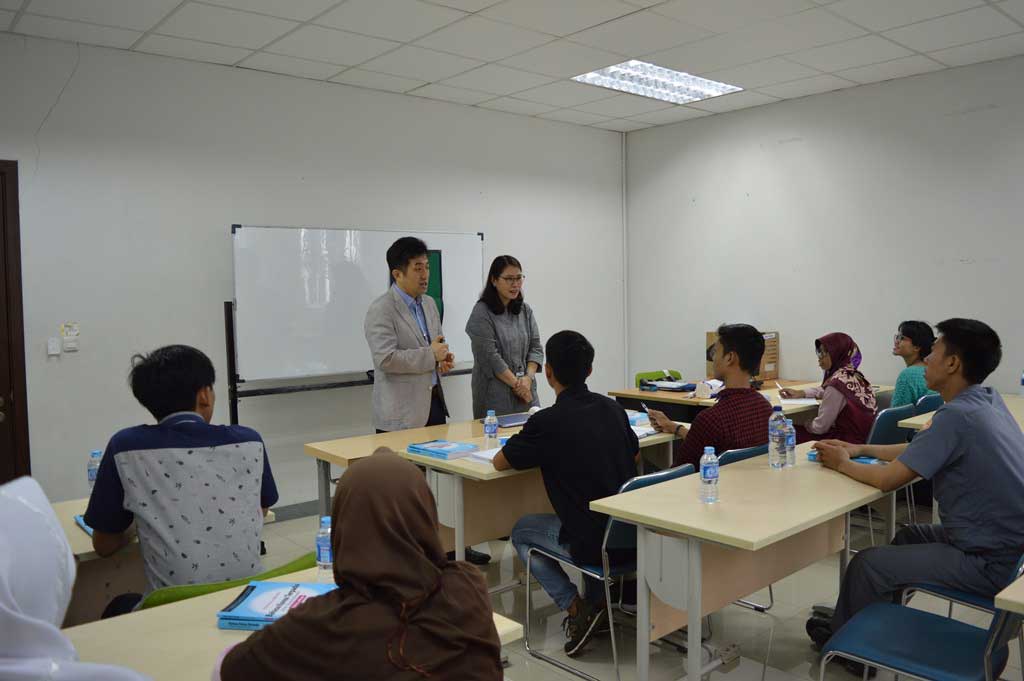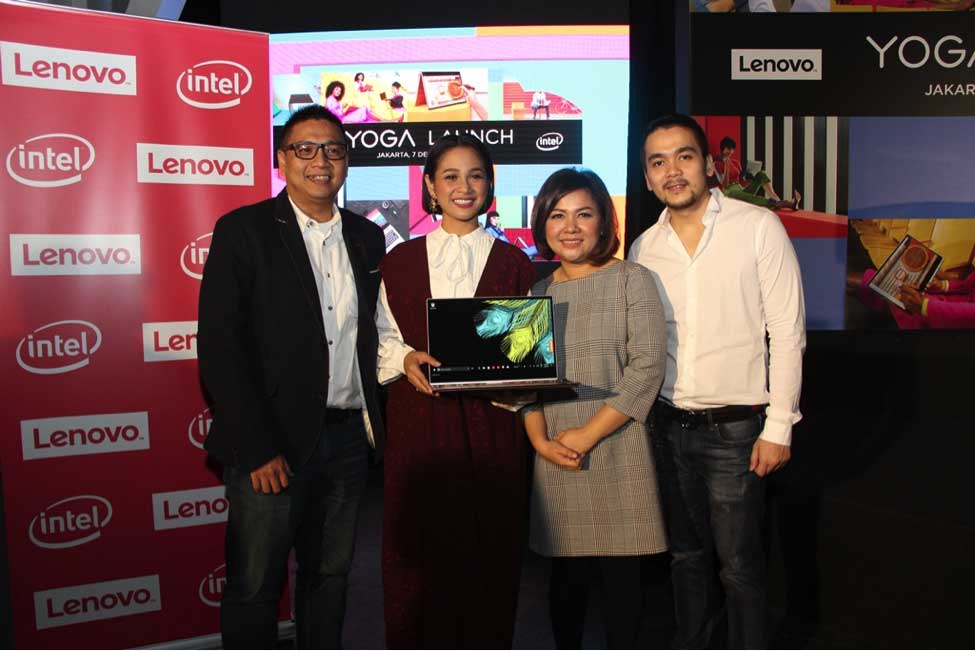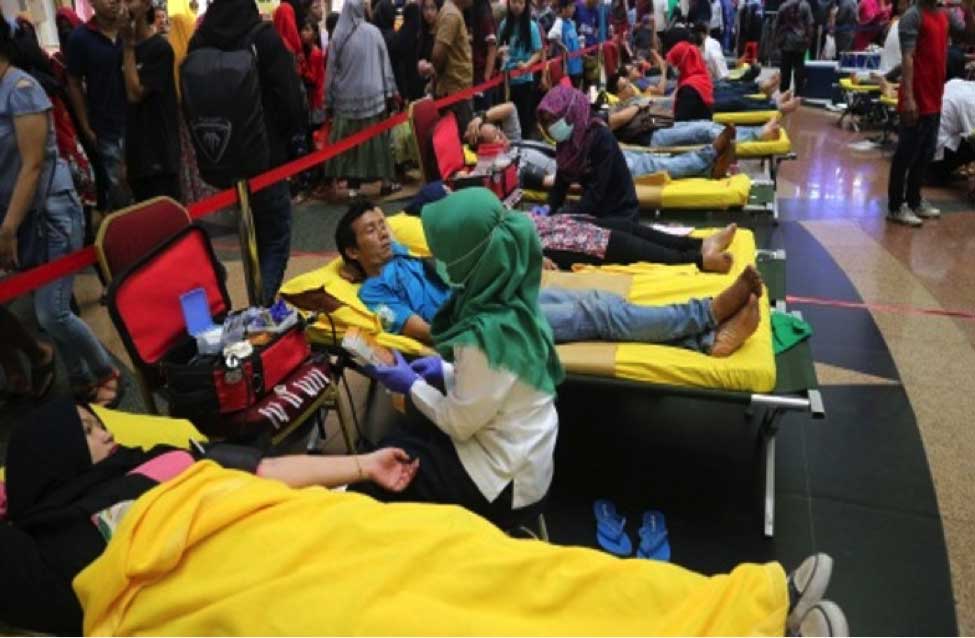The hospitality industry has been one of the highest contributors within the global economy, especially in the globalization era. People would spend their leisure time by taking a vacation, bringing their children to an amusement park, or simply by having an hour massage at the spa. All of that places are being improved indirectly by extending needs of the consumers to get more promising services. It will constantly need a lot of efforts in the hospitality industry to maintain the good quality, therefore to reach even a wider market.

In this digital era, consumers are getting more connected to one another throughout the world. Access to information is as easy as having pancakes for breakfast. The use of social media such as Facebook and Twitter are all they need to spread news, opinions, and the information as to how, what, and where to travel, to eat, or to stay overnight in an affordable five-stars hotel in town.

There are several causes driving this digital adoption, but the most important ones are consumer behavioral changes and online demand generation.
Consumers nowadays prefer easier and faster ways to interact with businesses. They are also more vocal; therefore brands need to react fast to their consumers’ needs and aspirations. Building online capabilities is one of the best ways to handle these, as well as leveraging various online platforms that have already existed.
Online capabilities are also useful to expand the market for business purpose. In the tourism industry, many hotels are now engaged with their consumers with the help of online booking platforms. Consumers around in the world are able to book rooms through online platforms and access the hotel with just a few clicks away. This trend has effectively expanded the markets that were previously unreachable by offline marketing efforts.
There are three areas that hospitality businesses need to build their digital engagement on:
1. How they deliver their services to consumers,
2. How they promote their brand and spread awareness,
3. Providing the means of connectivity to their consumers.
Let’s take travel logistics and transportation industry as an example. The last two areas often become the most challenging part for the hospitality businesses. They may have already adopted online platforms to deliver their services, but may not be ready to use the online channels to expand their reach and awareness optimally.
Yet, it is the brands’ important job to cope up with the challenge to reach the consumers: to be more relevant and visible, and to be more connected either in service aspects or by providing them with the connectivity. One thing to be considered is to make creative campaign based on the information of the nowadays’ consumers’ behavior.
In Indonesia, brands had started to embrace the challenge by improving connections with their consumers through digital platforms. By that, the consumers are presented with the improving connection, making it easier to communicate effectively not just with the brand, but also to other consumers in order to build better brand advocacy. One of the examples would be restaurants and offline culinary business connecting their online consumers through GOJEK’s food delivery service: GO-FOOD. With the service, consumers are provided with a delight way to buy food online and by that also ease the culinary brand’s effort to reach wider market.
With this knowledge in mind, hospitality businesses can leverage online communications channels such as Twitter and Facebook, creating creative campaigns in conjunction with special promo and offers to spread awareness and reach users based on their interests. Through the same platform, potential consumers can also talk to a representative to obtain the best services tailored to their needs, and provide them with quick and easy ways for an online booking. With all the improvement stated above, it is not impossible for Indonesian markets especially in hospitality industry to play a significant role in this globalization era.



 By. Niko radityo
By. Niko radityo






Leave a Reply